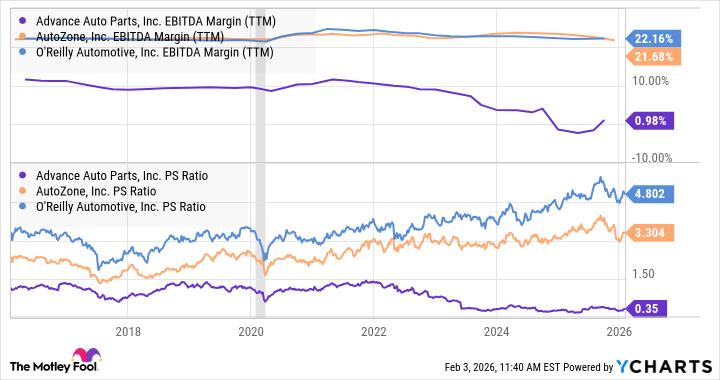The Quiet Accumulation: A Study in Value

One observes the holdings of Bernzott, and a pattern emerges. Vanguard’s broad market exposure, a sensible foundation. Colombus McKinnon, a name less heralded, yet possessing a quiet strength. And now, Silgan, ascending to become the third largest position within their portfolio. This is not the behavior of those chasing ephemeral gains. It is the accumulation of solid, if uninspiring, businesses, those that quietly provide essential goods and services, and which, therefore, are less vulnerable to the whims of popular fancy. The market prizes novelty; Bernzott seeks endurance.






